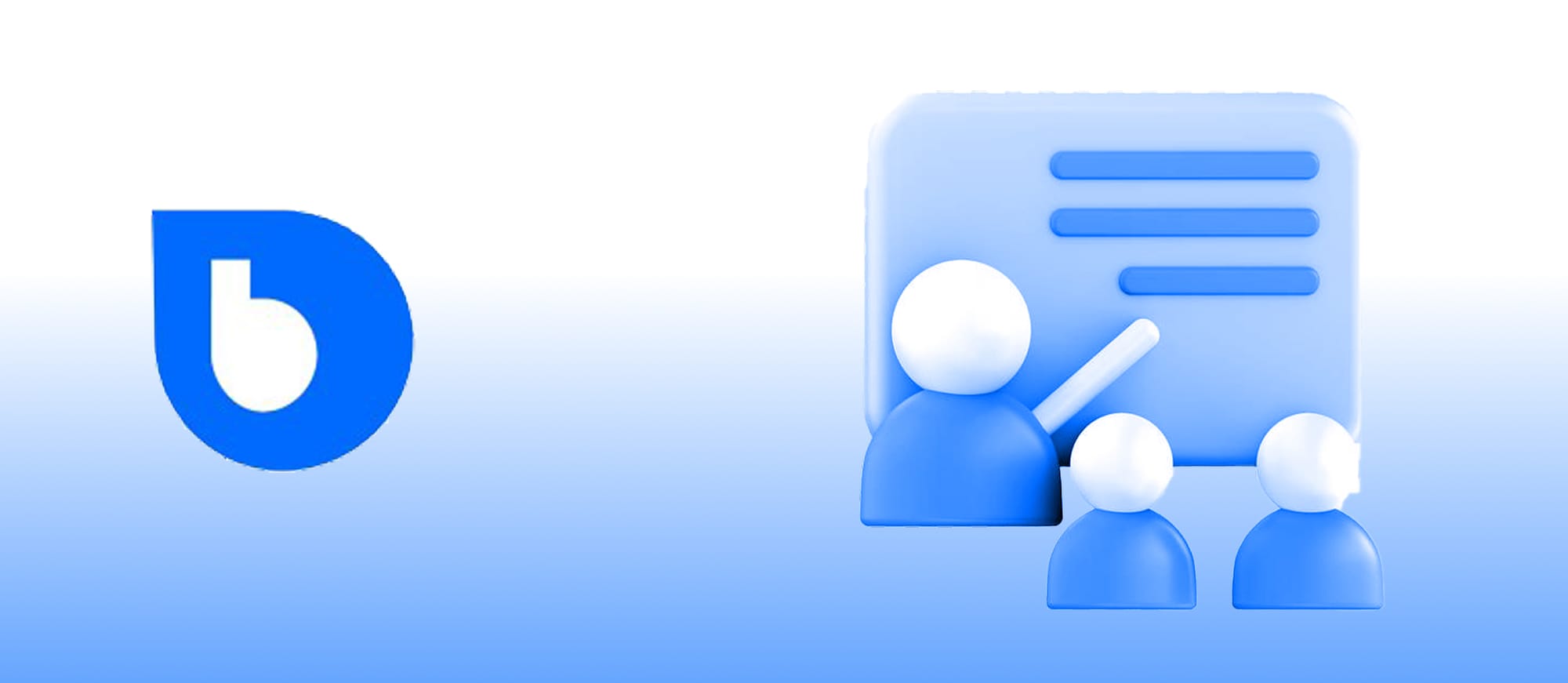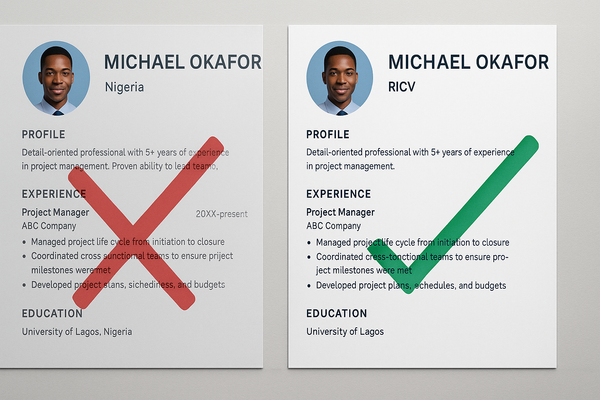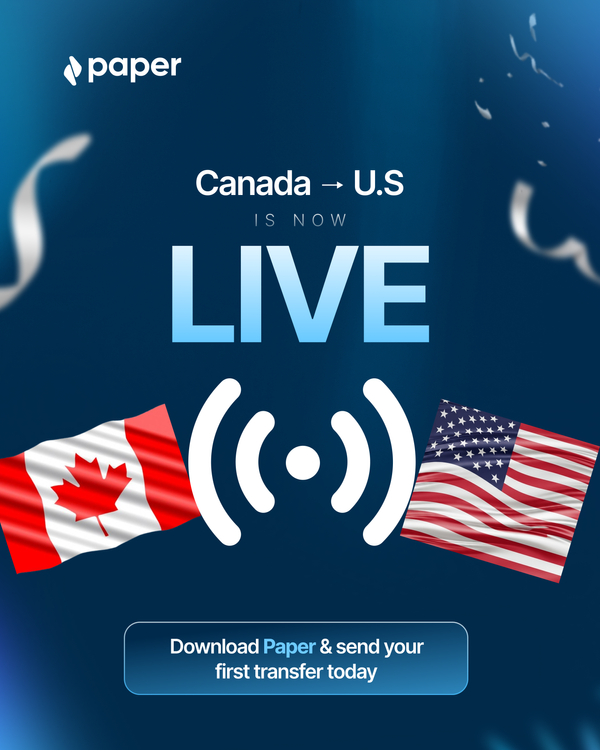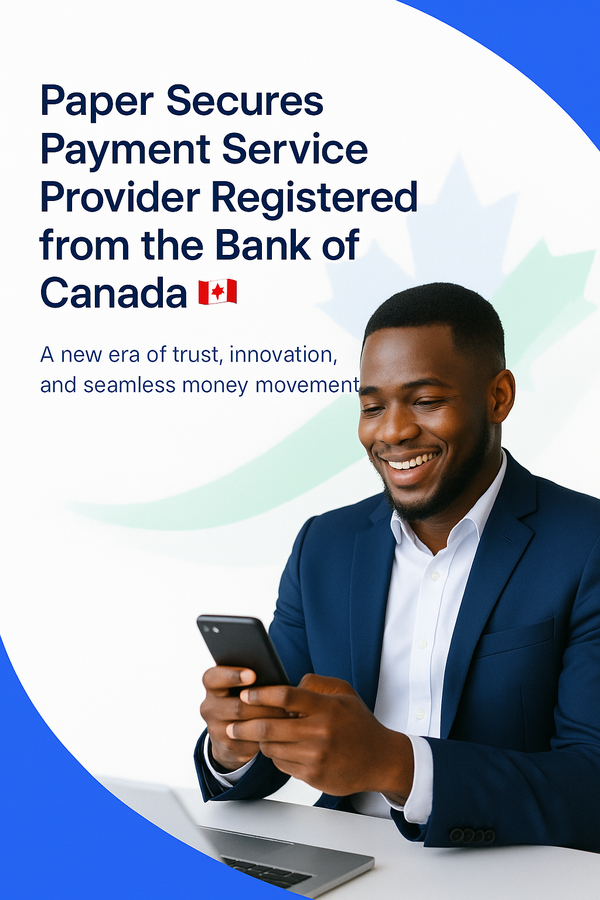Connecting Global Talent: Paschal Amaechi’s Journey from Nigeria to BorderlessHR

Personal Journey & Background
- Can you introduce yourself and tell us what you do?
My name is Paschal Amaechi, and I’m based in Ottawa. I run BorderlessHR, a platform that helps businesses in the US and Canada hire talented people from around the world. We make the hiring process easy by handling everything—from finding the right people, vetting them, hiring them, and ensuring they get paid in a legal and compliant way. Right now, we connect talent from over 130 countries and have helped many people get life-changing job opportunities.
- Tell us about your background before coming to Canada.
I studied Electronics Engineering and started my career at Motorola as a network support engineer, installing and managing radio technology for telecommunications. Later, I moved to the UK for an MBA, worked in management consulting, and did some work with the Nigerian government. My passion for tech led me into product management, and I eventually moved to Canada.
During the pandemic, when many people lost their jobs, I decided to start my own business. Initially, I launched a platform to help people get certified, but I noticed companies struggling to find technical talent. At the same time, big companies like Facebook and Amazon were hiring aggressively, making it harder for smaller businesses to compete. I saw an opportunity and shifted my focus to helping businesses hire global talent, which led to the creation of BorderlessHR.
- What kind of technical talent do you work with in BorderlessHR?
Initially, most of the demand was for developers, so we focused on software engineers, product designers, and product managers. However, we now work with various professionals across the tech industry.
Lifestyle & Experiences
- How has your experience been as a Nigerian in Canada?
It’s been great. I’ve enjoyed it. Connecting with the Nigerian community here has made the transition easier. I also make it a point to visit Nigeria every year to stay connected with my roots.
- You’ve lived in Canada, the U.S., the U.K., and Nigeria. Which has been your favorite?
Each place has something unique to offer. The U.K. has a beauty I haven’t experienced anywhere else. The U.S., especially the San Francisco Bay Area, has an energy that’s unmatched. Canada has its own appeal as well. I see myself as a global citizen, and it depends on what one wants at any given time.
- What do you miss most about Nigeria?
The warmth—especially in winter. While I don’t love the humidity in Nigeria, I do miss the warmth. I also miss the sense of community and the ease of getting things done. In Canada, you have to handle everything yourself, but in Nigeria, there are people to help, which saves time and effort.
- Do you have a favorite Nigerian restaurant in Canada?
There are several Nigerian restaurants I visit, but my go-to spot for suya is Suya Palace. They make really good suya, and many Nigerians here would know the place.
Payments & Using Paper

- How do you handle payments for talents in Nigeria?
At first, paying people in Nigeria was challenging. We tried different methods, but they weren’t efficient. Then I came across Paper. Initially, I wasn’t sure about it because I get many recommendations, and not all work well. But when I finally tried Paper, I was surprised at how fast and efficient it was—payments were almost instant.
One time, I had an issue and reached out to customer support. They responded immediately and solved the problem. That gave me confidence in the service, and since then, I’ve stuck with Paper.
- Apart from fast payments and good customer service, what else do you like about Paper?
The most important thing is that it gets the job done efficiently and cost-effectively. I’ve tried other payment platforms, but they were more expensive and had technical issues that customer service couldn’t fix. With Paper, everything works smoothly, and when there’s an issue (which is rare), it gets resolved quickly. That’s why I trust Paper and continue to use it.
Career & Growth

10. What has been the biggest challenge in building and managing global teams, and how do you overcome it?
One of the biggest challenges is talent. It’s ironic because, as an HR company, you’d think hiring wouldn’t be an issue. However, many people today are just looking for a job rather than a long-term career. Some remote workers take on multiple jobs and put in the bare minimum. To address this, we’re building AI-driven solutions to improve efficiency and engagement. Our early results have been fantastic, and we’re continuously refining our approach.
11. Where do you see BorderlessHR in the next five to ten years?
We see BorderlessHR playing a key role in shaping the future of work. Our goal is to add value to businesses, job seekers, and the overall workforce ecosystem, both independently and in partnership with major industry players.
12. Beyond BorderlessHR, what other initiatives are you involved in?
I’m very active in Canada’s startup ecosystem—I mentor at DMZ, support startups at the Founder Institute, and invest in early-stage startups through Hustle Fund.
13. What’s one key lesson you’ve learned on your journey so far?
Many of us are smart, but that can make us think we don’t need others. The biggest lesson I’ve learned is that great work is never done alone. Collaboration is key. No matter what you do, always look for ways to work with others to achieve more.
Advice
14. What advice would you give to Nigerians planning to move to Canada?
My advice is simple: Come.
15. Do you have recommendations for other Nigerians in Canada who should be spotlighted?
Have you spotlighted your own founders? I think they’re doing great work and should be recognized.




